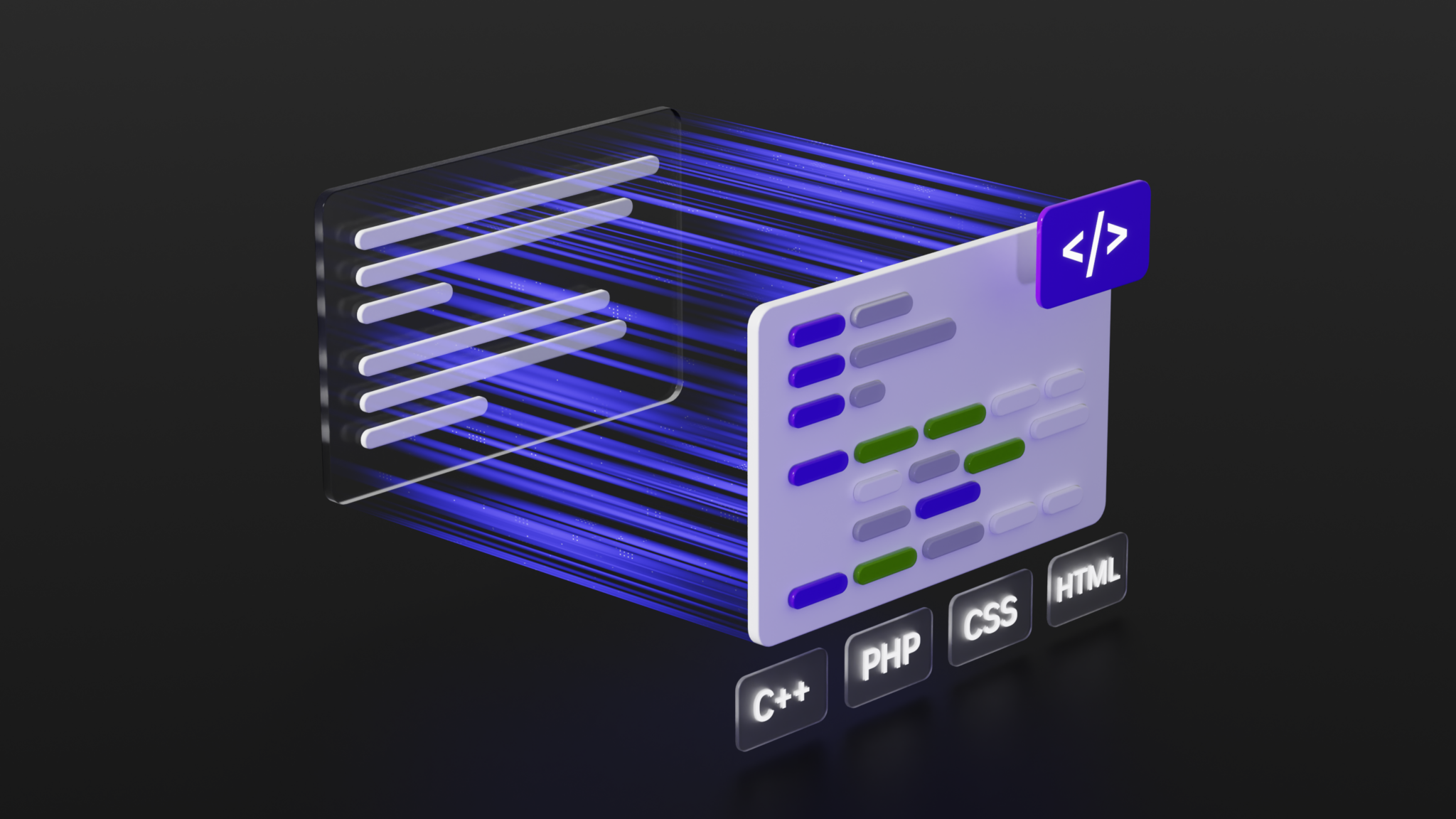Large Language Models (LLMs) have revolutionized many areas of natural language processing, and coding is no exception. As these models become more sophisticated, they are increasingly being used to assist developers with various programming tasks, from code generation to debugging. In this article, we'll explore some of the best LLMs for coding, their capabilities, and how they're shaping the future of software development.
Top Contenders in the Code LLM Space
Several LLMs have emerged as leaders in the coding domain:
-
Code Llama: Developed by Meta AI, Code Llama is a family of large language models specifically trained for coding tasks. It comes in different sizes and variants, optimized for various programming languages and tasks.
-
GitHub Copilot: Powered by OpenAI's Codex model, GitHub Copilot is an AI pair programmer that integrates directly into code editors and suggests whole lines or blocks of code as you type.
-
OpenAI's GPT-4: While not specifically designed for coding, GPT-4 has shown impressive capabilities in understanding and generating code across multiple programming languages.
-
Google's PaLM 2: Another general-purpose LLM that has demonstrated strong coding abilities, particularly when fine-tuned on programming tasks.
-
Anthropic's Claude: Known for its strong reasoning capabilities, Claude can be particularly helpful for complex coding tasks that require logical thinking.
-
StarCoder and StarCoder2: Developed by BigCode, these open-source models have shown competitive performance in code generation tasks.
-
WizardCoder: A specialized coding model that has gained attention for its performance on coding benchmarks.
-
Phind-CodeLlama: A fine-tuned version of Code Llama optimized for coding-related tasks.
Capabilities and Use Cases
These LLMs for coding offer a wide range of capabilities that can significantly enhance a developer's workflow:
-
Code Generation: LLMs can generate code snippets, functions, or even entire programs based on natural language descriptions or partial code.
-
Code Completion: They can predict and suggest the next lines of code as you type, speeding up the coding process.
-
Bug Detection and Fixing: Many models can identify potential bugs in code and suggest fixes.
-
Code Explanation: LLMs can provide plain-language explanations of complex code, making it easier for developers to understand unfamiliar codebases.
-
Language Translation: Some models can translate code from one programming language to another.
-
Documentation Generation: LLMs can automatically generate documentation for code, including function descriptions and usage examples.
-
Answering Coding Questions: Developers can ask these models coding-related questions and receive detailed explanations and examples.
Choosing the Right LLM for Coding
When selecting an LLM for coding tasks, consider the following factors:
-
Specialization: Some models, like Code Llama and WizardCoder, are specifically trained for coding tasks and may perform better in this domain.
-
Language Support: Ensure the model supports the programming languages you work with.
-
Integration: Consider how easily the model can be integrated into your development environment.
-
Performance: Look at benchmarks and real-world performance tests to gauge the model's capabilities.
-
Ethical Considerations: Be aware of the training data used and any potential biases or limitations.
-
Cost and Accessibility: Some models are open-source and free to use, while others require paid subscriptions.
The Impact of Code LLMs on Software Development
The introduction of powerful LLMs for coding is reshaping the software development landscape:
-
Increased Productivity: Developers can write code faster and with fewer errors, thanks to intelligent suggestions and autocompletions.
-
Lowered Entry Barrier: LLMs make coding more accessible to beginners by providing guidance and explanations.
-
Rapid Prototyping: Ideas can be quickly transformed into working code, accelerating the development process.
-
Knowledge Transfer: LLMs can help developers quickly understand and work with unfamiliar codebases or languages.
-
Focus on Higher-Level Tasks: With LLMs handling routine coding tasks, developers can focus more on architecture, design, and problem-solving.
Challenges and Limitations
Despite their impressive capabilities, code LLMs are not without challenges:
-
Code Quality: Generated code may not always adhere to best practices or be optimized for performance.
-
Security Concerns: LLMs might inadvertently introduce vulnerabilities or suggest insecure coding practices.
-
Overreliance: There's a risk of developers becoming too dependent on AI assistance, potentially affecting their skill development.
-
Contextual Understanding: LLMs may sometimes misunderstand the full context of a coding task, leading to incorrect suggestions.
-
Ethical and Legal Issues: Questions around code ownership and potential copyright infringements when using AI-generated code remain.
Best Practices for Using Code LLMs
To maximize the benefits of code LLMs while mitigating risks:
-
Use LLMs as Assistants, Not Replacements: Treat AI-generated code as a starting point or suggestion, not a final solution.
-
Always Review and Test: Carefully review and test any AI-generated code before incorporating it into your projects.
-
Understand the Limitations: Be aware of what the LLM can and cannot do, and don't expect it to solve all coding problems.
-
Keep Learning: Continue to develop your coding skills and understanding of fundamental principles.
-
Stay Informed: Keep up with the latest developments in AI and coding to make informed decisions about incorporating these tools into your workflow.
The Future of Code LLMs
As research in this field continues to advance, we can expect even more powerful and specialized code LLMs in the future. Improvements in contextual understanding, multimodal capabilities (combining code with images or diagrams), and more fine-grained control over generated code are likely developments.
Conclusion
Large Language Models for coding represent a significant leap forward in developer tooling. While they are not yet perfect, their ability to understand and generate code, provide explanations, and assist with various programming tasks is impressive and continually improving. As these models evolve, they have the potential to dramatically enhance developer productivity and make coding more accessible to a wider audience. However, it's crucial to use these tools responsibly, understanding both their capabilities and limitations. The future of software development will likely involve a symbiotic relationship between human developers and AI assistants, each leveraging their unique strengths to create better, more efficient code.

